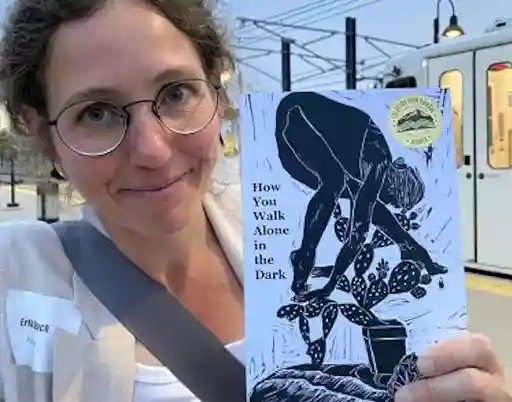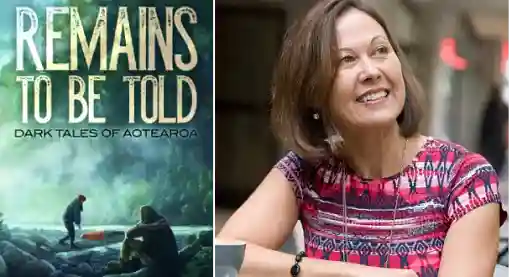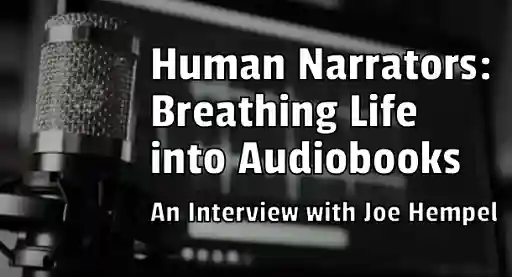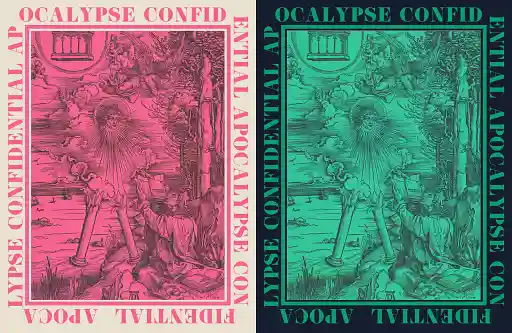Writers, you're in a unique position — both exciting and daunting. You have more choices and opportunities to publish and market your work available to you than ever before. You also have more voices offering you advice that may or may not be helpful, that may or may not be accurate. The key here is to keep your focus on the craft and hone in on those valuable voices that speak from the greatest of teachers — trial and error, otherwise known as experience.
Fortunately, the process of creating and writing remains far less slick. The foundation of good storytelling and our desire to be captured by a story that entertains and offers a greater truth is ancient and unchanging.
Los Angeles based literary agent, attorney and author Margaret Marr knows writing and publishing from every angle. Marr sheds valuable insight on going indie, signing with an agent, what writers need to focus more and less on in today's publishing climate, and more.
The self or "indie" publishing movement has exploded. There are countless articles and blog posts directed toward potential self-pubbers about editing, cover design, promotion and marketing, etc. I don't often see need-to-know legal information being shared as frequently or at all. What are the legal basics anyone considering self-publishing should know? Are there any resources you would recommend?
If you are indie pubbing your backlist make sure you have your rights back from your publisher. And in that same vein—keep a copy of your publishing contracts in a file! I can't tell you the number of authors that want to get their rights back or want to change agents but they don't have copies of their contracts. Create a file for every book and put your contracts and paperwork in that file. Get your rights back from the publisher. Most publishing agreements have a trigger clause for rights to revert back to the author. In some contracts reversion is triggered by sales dropping below a certain number in one quarter, in others it is triggered by a number of years. Contact your publisher and get those rights back! Then find a great cover designer and formatter and get that backlist up on the web at a market-competitive price.
As for great indie pubbing resources: Ninc is a great place to start. Women's Fiction Writers Association (WFWA) is a new organization that has both traditionally pubbed and indie pubbed Women's Fiction authors.
For writers considering traditional publishing and signing with a literary agent, what are the hallmarks of a good agency agreement?
A good agency agreement lays out for the author what the agent will do for them. An author should never forget that an agent works for the author. I know that most authors spend years honing their craft and are thankful when they finally land their first agent. However, while ideally the author/agent relationship is a team effort, the author should remember that ultimately this team is the author's team. A good agent will provide an author opportunities and counsel, but ultimately the decisions are the author's decisions to make.
What are a few common red flags in an agency agreement?
Most agency agreements will say that they are for x number of years, however an author may fire and leave an agent at any time. Agents may only receive proceeds for deals that they themselves put in place. Agents never charge reading fees or fees to edit or doctor your manuscript.
As a literary agent, what factors into your decision making when acquiring a new writer?
Do I love the writing? Can I sell it?
What do you feel more writers need to know about in today's publishing climate?
It was the best of times and it was the worst of times....
While mid-list contracts are getting slashed, there is an amazing world that has opened in indie publishing that allows books to find an audience. While a traditional publisher might not be willing to take a leap on a completely unique book that doesn't fit into their marketing scheme, an author can take that leap on their own and reach an audience. Never before has there been such direct distribution available to authors and story-tellers. This is an amazing time. But—I would say if you decide to indie pub your book please make sure that book is ready. One function that all those rejections that most authors receive for years and years served was to force authors to spend the time and energy honing their craft until they got that wonderful "yes," whether it be from an agent or a publisher. I fear that some authors, don't view the "no" as meaning that they need to work more on their craft and they had put their work into the marketplace too soon. While this is not always the case, sometimes it is. I would say that before you put your work into the marketplace join a critique group, have a critique partner, have someone who is completely unbiased read your work. Hire an editor—both a substantive editor and a copy editor—to go through your work. This book represents YOU and the book needs to be the absolute best representation of you that it possibly can be. Many buyers/readers will only give you one chance as an author and if they have a bad experience with your work it will be difficult to overcome the reader's bad experience when you come out with your next book.
What do writers need to focus less on?
I know we have to chop up our days between writing and marketing— that is simply the new reality— but you must focus on writing great books. Craft and writing are the most important parts of this process. Write fantastic books—books that people talk about. Any marketing expert will tell you the only thing proven to sell books is WOM—Word Of Mouth.
New Adult. What is your interpretation of the genre and do you see it lasting?
I love it. I see it as a natural progression from all those YA readers growing up. However, I also see it as publishers/writers understanding their buyers. Last year I heard from an editor that the majority of readers for a best-selling YA series were women 18-34 and not girls 12-16 as they had originally thought. That being said, I think that same group (women 18-34) are fueling the New Adult market. As for lasting—I certainly hope so! I am a fan of authors selling books and if readers love this new genre then please, let them continue to buy those books!
A few literary agents as well as many others in publishing have expressed their concern about how the sales and marketing departments within the major publishing houses are killing, or at the very least, putting a restrictive leash on the editorial department's judgment of what books are actually worth publishing. As an agent and author, do you share in this concern or is this the way it's always been?
I don't think the importance of sales and marketing has shifted in the last 5 years. What I do think has changed is that the indie author is eating into the dollars that traditionally went to the publishing houses. Meaning that sales and marketing are more on point because all of traditional publishing has to be more on point. I think there are less dollars to play with and that every book needs to pull its weight within the house. So if sales and marketing don't think a book will earn out or if that book is a big leap, I believe their is less of an ability for an editor to take a risk on that book.
Do you feel Amazon's aggressive role in publishing will ultimately hinder or help the industry in the long run? And how so?
I don't know. Right now Amazon is really a boon for a number of authors. This is a great place for authors to build an audience, try new ideas, reach their audience. Amazon is a big force in distribution. I want to believe this will continue to help Authors. However I believe in competition and right now, Amazon has very little.
How can authors make the best decision for their career during such a unsure time in publishing?
As an author, I have found that the knowledge of my team—agents and managers combined with my trusted professional confidants and writer friends— helps me to make the best decisions for my authorial career. You gather the facts and the options, you gather people that you know are smart and knowledgeable, you weigh your options and then listen to your gut — then you go for it! Here is the great thing about being an author: you get a multitude of shots. As a writer and a business person you learn from every mistake. Then you put forward what you've learned about craft and business in your next manuscript. Because with authors there is always another character, another book, another story, waiting to be told.
Margaret 'Maggie' Marr is an attorney, author and independent producer. She got her LA start in the mailroom at ICM where she became a motion picture literary agent and also represented books for film and television. She is the author of the Hollywood Girls Club Series, Can't Buy Me Love, and Courting Trouble. Maggie has been featured on KCRW's The Business and reviewed by Publisher's Weekly, Kirkus, and Romantic Times. She represents producers, screenplay writers, authors, directors, and subsidiary rights for film and television. She is a member of the Vero Law Group.
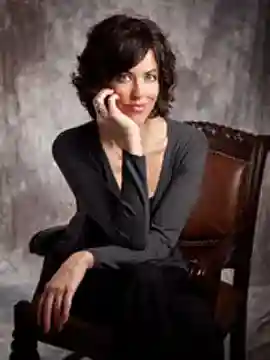
About the author
ERIN REEL is a Los Angeles based publishing and editorial consultant, writing coach, columnist, blog host of The Lit Coach's Guide to The Writer's Life and outspoken advocate for writers. A former literary agent with nearly 10 years in the industry, Erin has worked with a wide array of writers worldwide. She has contributed to Making The Perfect Pitch: How to Catch a Literary Agent's Eye (Sands, Watson-Guptil, 2004); and Author 101: Bestselling Secrets from Top Agents (Frishman & Spizman, Adams Media, 2005).
